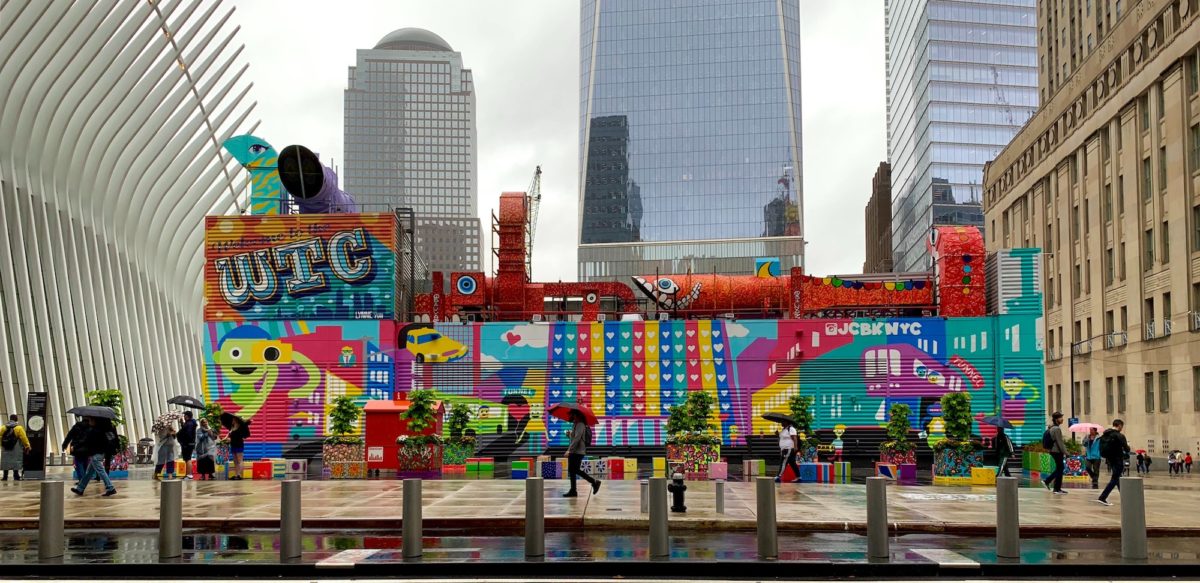(Part 2)
8/ And its why real-world consequences of online behaviour, such as the people jailed for merely like-ing a Facebook post critical of politicians, is distressing. As George on Seinfeld cried, World Are Colliding.
9/ All of this works both ways. Communities of fringe loonies will use the same tools to block you from injecting reason into their online dialogue. And when reporting online harassment results in a real-world arrest we are gladdened.
This is a plot point in several movies or books that involve virtual worlds. They are never fully independent of the physical world, and their interaction with the physical isn’t always sanguine. It’s often the case in the real real world. People have been jailed for writing their mind, for sharing videos in jest, even simply liking Facebook posts – usually pricking the fragile ego of a person in power. Mere anonymity is often not enough. Even when you’re all wearing masks, your virtual town square can be invaded by the real-world Basij.
However benevolent and forward-looking the authorities online may be, they’ll clash with – and usually lose against – authorities in the real world. Just look at Twitter’s transparency report regarding data requests from governments. According to themselves, they complied with four out of every ten such requests. Facebook complied with 3 out of every 4 requests, and nearly 90% of requests from the US and the UK.
10/ In any case, this kaleidoscope theory accommodates more of what we are seeing happening than the more common polarisation theory. It posits that polarisation is a special case of the sharding of reality.
Most reporting frames the problem as one of polarisation – like a dumbbell, there is a concentration of people around two diametrically opposite viewpoints.
This is not new: most of the US’ 20th century relationship with the world outside through the lens of communism versus capitalism, never mind those that didn’t care, didn’t matter, were explicitly non-aligned, or had widely varying interpretations of each economic system. It has resulted in a with-us-or-against-us mindset. If you weren’t a committed communist, you were a capitalist pig. If you weren’t for the Vietnam war, you had to be against it – and therefore unpatrioric. Ditto with the 21st century Iraq occupation. Then it was Christianity versus Islam. Today the country’s much more insular, so it’s supposed to be Democrat versus Republican.
In India you’re either a secular, used as a pejorative term, or a mindless devotee of the Hindu right, never mind what secularism was supposed to mean or the many schools of Hinduism. The definitions of each now form narrow edges meant to cleave.
But online, while the war of polar opposites is fomented and waged, myriad cultures form, thrive and die, each with their own biases and rivalries. For the first time they can exist freely and openly without having to pick sides in someone else’s battle. This freedom is important – so far only the privileged have been able to declare themselves against ‘the world’. Now any group that feels marginalised in real life can do so.
11/ Either way, we’d entered this age of infinite realities sometime in the 2010s. The diminishing of the physical space this year marks an inflection point, when a critical mass of us begins defecting into our online realities and being shaped by their cultures.
The pandemic has cause the diminishing of our real world public spaces, making online ones all that much more important. New types of closed communities hog attention – Houseparty, Clubhouse – and several other similar apps – but the other inevitable shift will be to true public spaces. Today there is little other than Twitter.
It’s going to be fantastic to look back in ten years’ time at the movement of people’s social lives to such online worlds – all run by private entities. In a decade, 2020 is going to seem as quaint as the web of twenty five years go – Lycos, DMOZ, Photobucket, Kozmo – seems today.
End note: The other development we haven’t explored in this series is the increasing popularity of game-oriented virtual worlds like Animal Crossing and Minecraft. They fall somewhere between closed communities like groups & subreddits on the one hand and town squares like Twitter. World-building is more deliberate, more visual, more explicit. But they also provide the same sort of open endedness of Twitter and the creation of communities. In fact, as we have seen, of entire economies.
(end)

